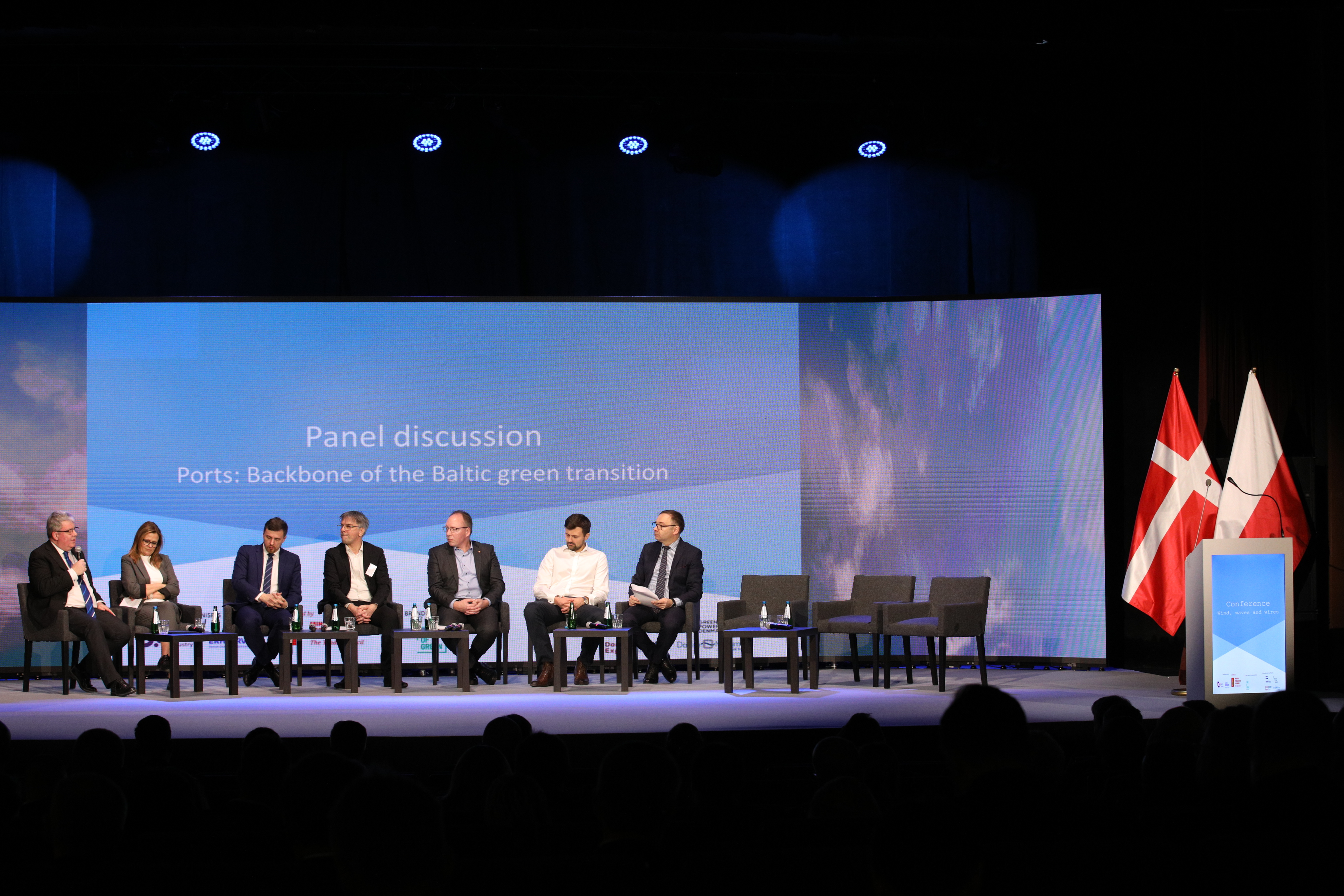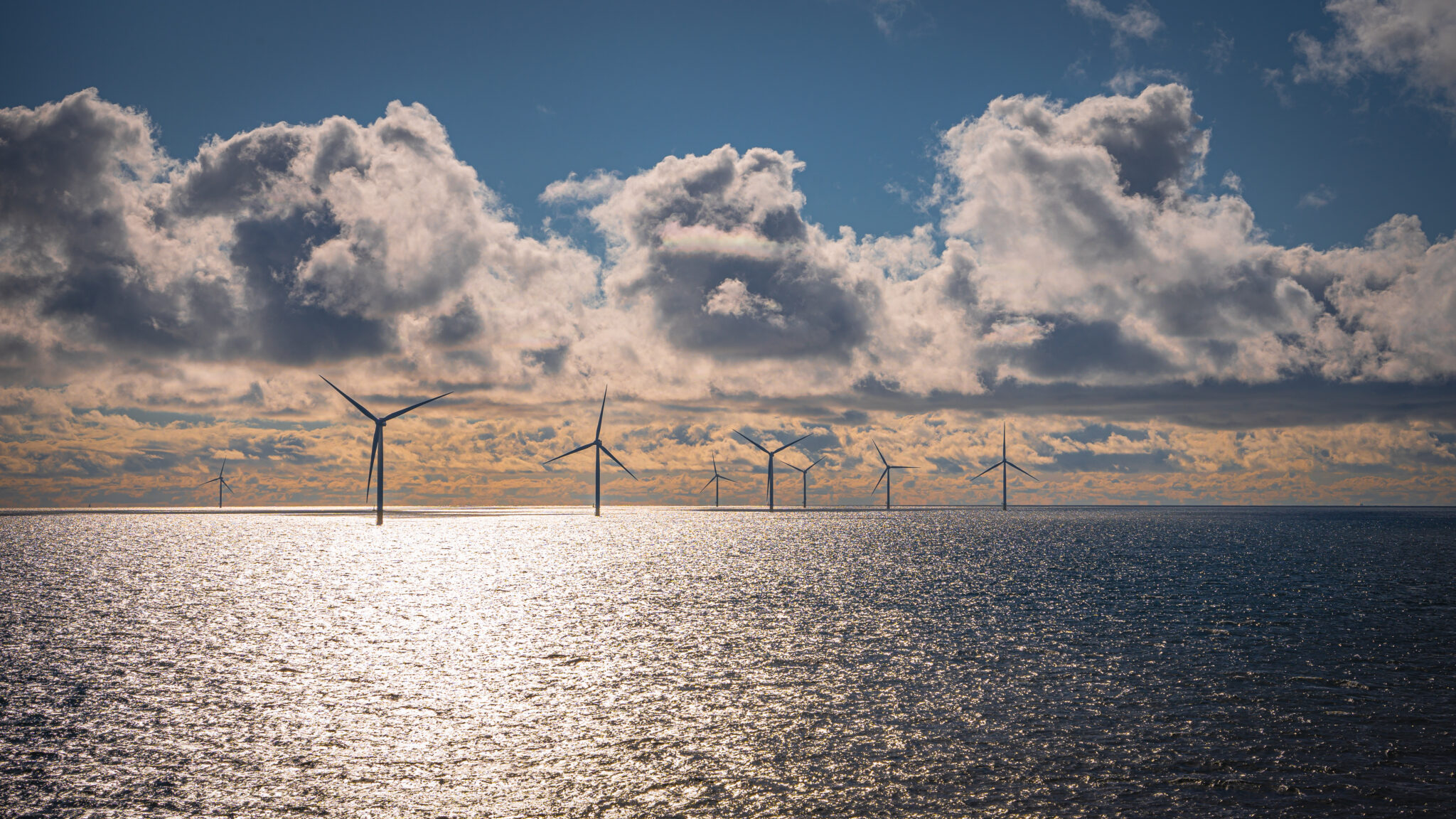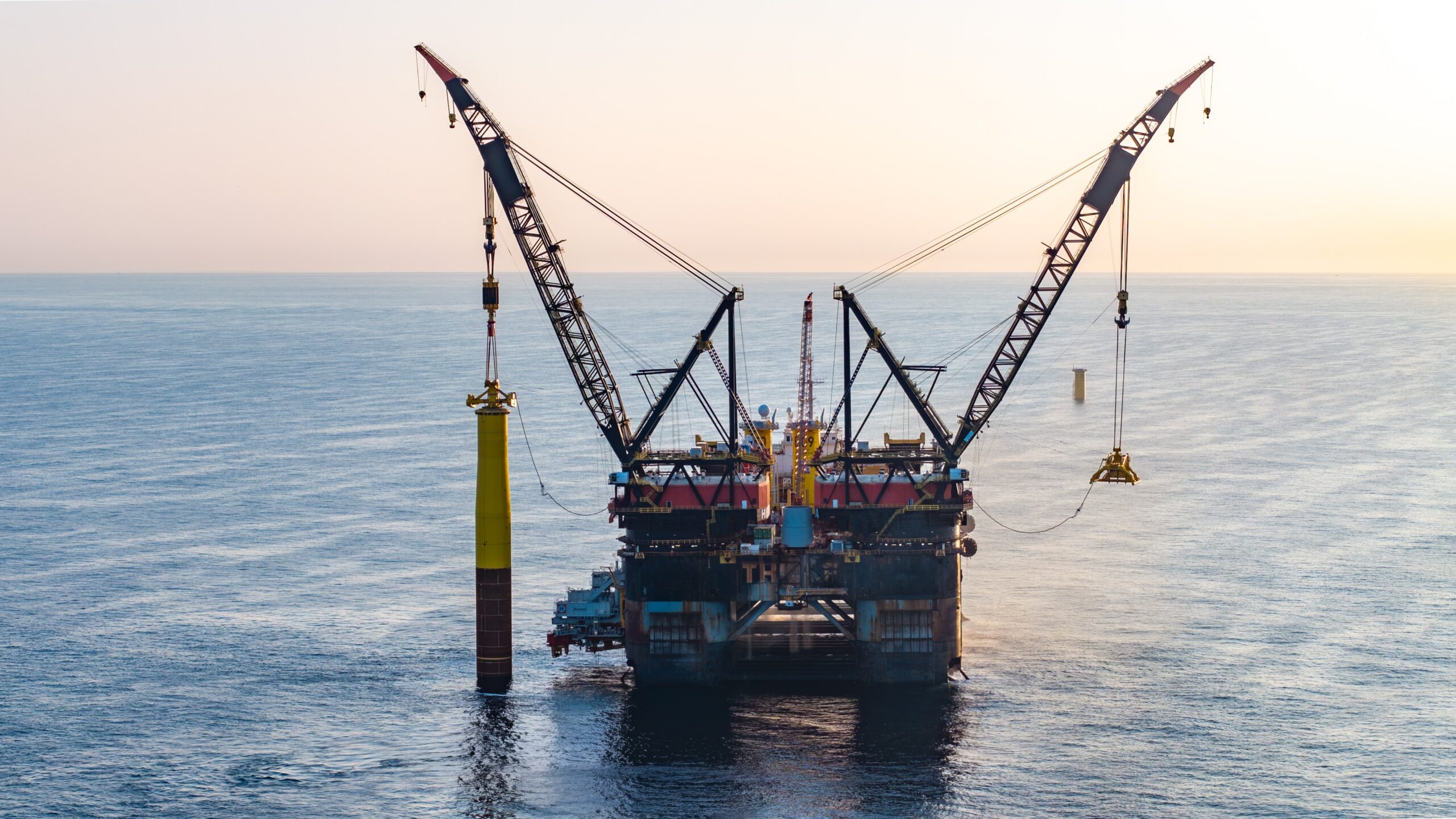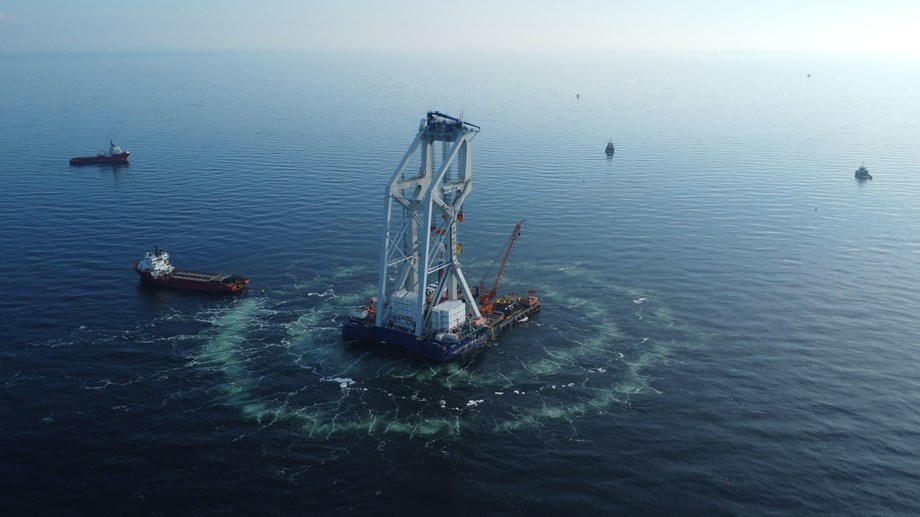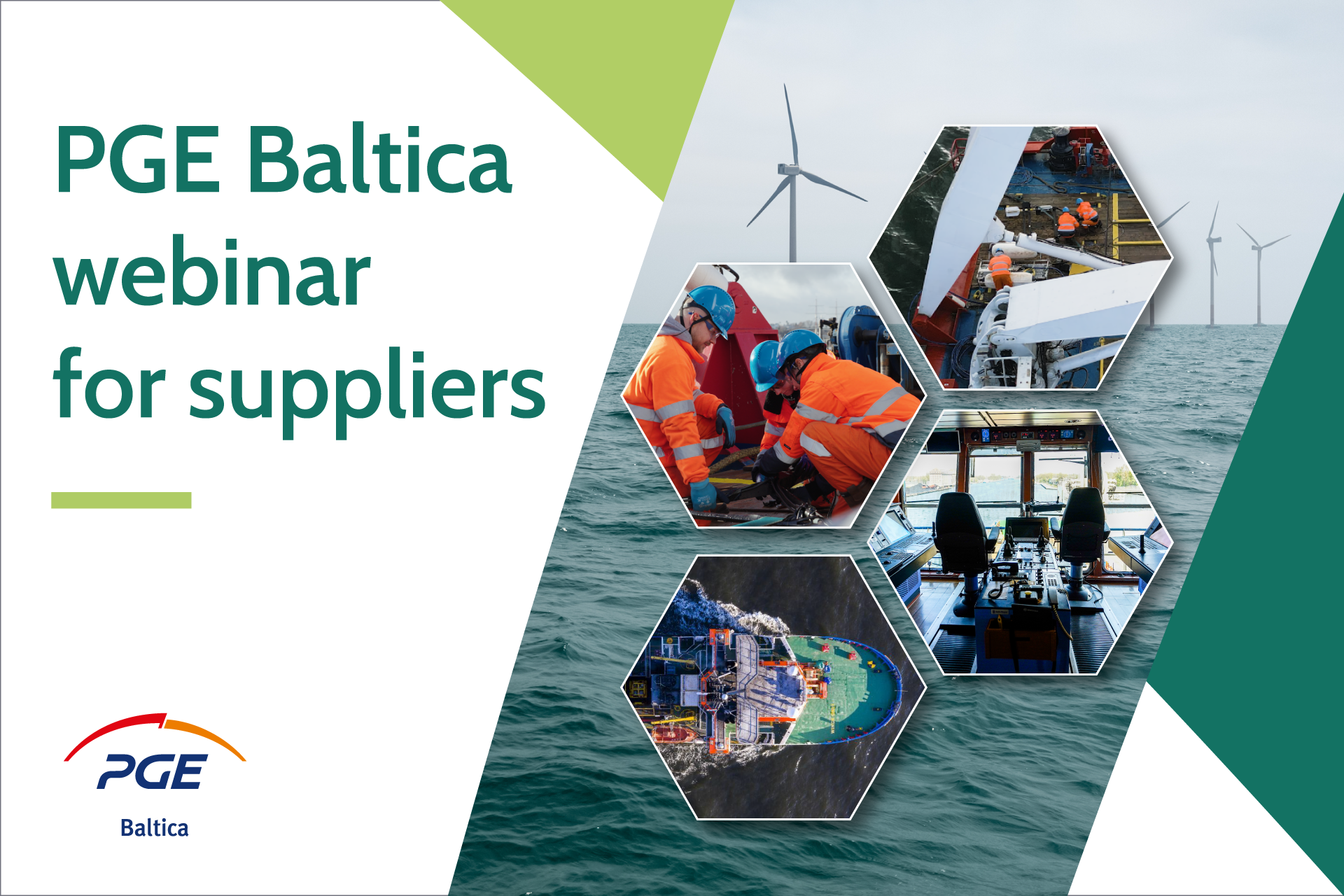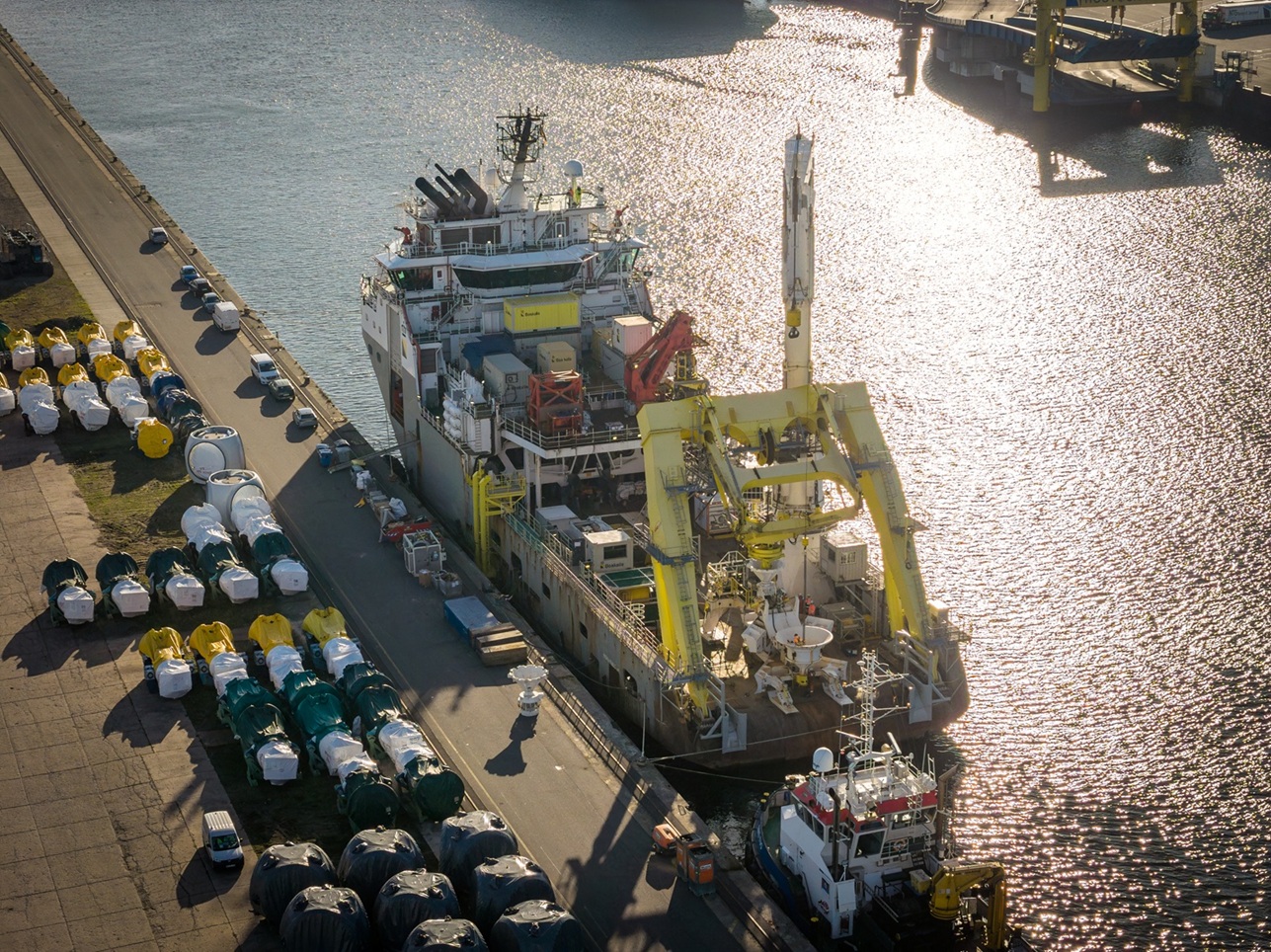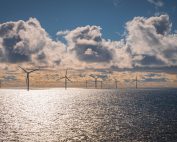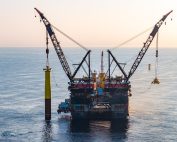The largest maritime wind energy ports in Europe, associated in the Offshore Wind Port Alliance, wishing to expand cooperation to the east, have accepted the ports of Szczecin-Świnoujście into their group. The letter of intent was signed in Szczecin on February 2 this year. during the visit of King Frederick X of Denmark to Poland.
On behalf of ZMPSiŚ SA, the document was signed by the Acting Officer. president of the management board, Ph.D. Stanisław Iwan prof. PM. The event was also accompanied by a debate on wind energy. Here, the company was represented by Commercial Director, Aneta Szreder-Piernicka.
The Alliance aims to optimize the use of offshore wind energy to achieve Europe’s very ambitious goals in this area.
Offshore wind farms are an important part of the green transition, but there is a lack of port capacity, which can pose a challenge to realizing the ambitions of the green agenda.
A group of key offshore wind ports in Northern Europe welcomes a new partner, the Polish port of Szczecin-Świnoujście, to the Offshore Wind Port Alliance, increasing its membership from six to seven (Denmark, the Netherlands, Belgium, France, Germany, Great Britain, Szczecin-Świnoujście ). Through close cooperation, alliance members expect to provide additional support in the construction of wind farms as ports are able to optimize their processes and coordinate the logistics value chain.
The event coincides with the visit to Poland of a delegation of Danish entrepreneurs headed by King Frederick X.
“Our goal is to optimize the use of offshore wind energy and we are very pleased to welcome the port of Szczecin as a member of our alliance. Szczecin is a port of the future, where Vestas is currently building factory facilities. The port is developing an area for offshore wind energy and has big ambitions for wind energy in general. This makes them a perfect fit for the Offshore Wind Port Alliance,” says Dennis Jul Pedersen, CEO of Port Esbjerg, speaking on behalf of the Offshore Wind Port Alliance.
The offshore wind energy market in the Baltic Sea is developing dynamically, and the first large-scale wind farms are already being built in Poland.
The Esbjerg Declaration dramatically increased the target for offshore wind energy in Europe. This goal was further defined in the so-called Ostend Declaration, supported by a coalition of nine countries committed to developing the North Sea as a green powerhouse for Europe. One of the agreements expresses the ambition to launch offshore renewable energy with a capacity of 120 GW by 2030 and 300 GW by 2050.
Germany, Denmark, Belgium and the Netherlands have set a joint target of delivering at least 65 GW of offshore wind power by 2030, putting pressure on European ports. To support this goal, a year ago the largest wind ports in Europe joined forces as part of the Offshore Wind Port Alliance, with the aim of optimizing and collaborating to achieve the ambitious goals set. Thanks to the seaports of Szczecin and Świnoujście, the alliance now also has among its members ports that can serve the Baltic countries.
“The current geopolitical situation in Europe and the ongoing ecological transformation require the installation of even more turbines. Preferably as soon as possible so that we can help build security in Europe’s energy supply. However, the current challenge is port capacity, which is why we are strengthening our cooperation at the operational and practical level so that we can accelerate the ecological transformation through offshore wind energy,” says Jul Pedersen, CEO of Port Esbjerg, speaking on behalf of the Alliance.
In particular, the cooperation between the seven ports involves continuous coordination and knowledge sharing, which enables them to optimize the use of capacity between ports to build wind farms more efficiently. Wind turbines require a lot of space in ports, so the lack of space is a particular challenge that ports are working together to solve. If one port only has room for half of the design, another port may have room for the other half. Thanks to this, the offshore wind farm can be built on schedule and the customer will not have to wait for a place in one specific port.
Source: ZMPSiŚ

